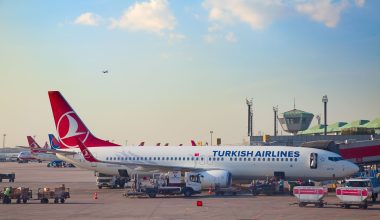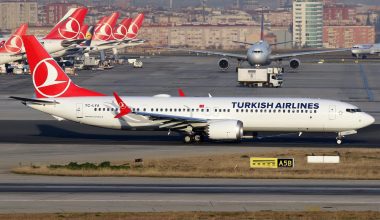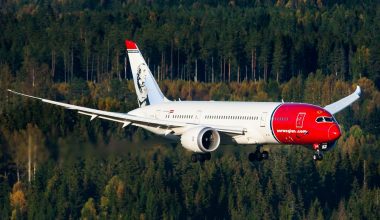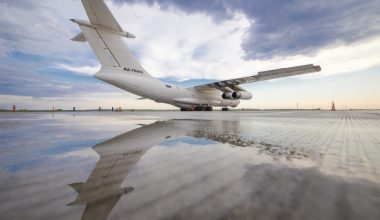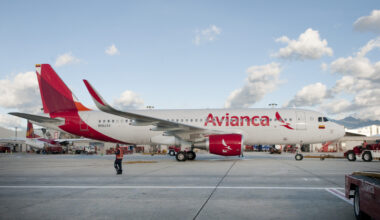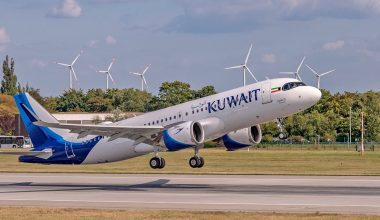Airbus finished the initial assembly of the new A380, the world’s largest passenger aircraft, at its manufacturing plant in Toulouse, France.
The A380, generally referred to as the SuperJumbo, was first made available by Airbus to Singapore Airlines in 2007. It was reported that the aircraft sold at least 1,200 units. And, in it, 25 billion was put. Only about 240 of these planes, however, have been built so far.
As investment didn’t improve and request from airlines moved to smaller aircraft, it was agreed to end manufacturing. 4 million replacement parts purchased from 30 countries were shown to have used throughout the production of the last A380 aircraft.
Moment to remember: the rollout of the last #Airbus #A380 from Station 40 with the A380 Team past and present, @GuillaumeFaury and Philippe Mhun at the Lagardère FAL today in Toulouse. What an aircraft! #iflyA380 #avgeek #Teamwork #Innovation pic.twitter.com/ch2mVG9Bcg
— Julie Kitcher (@julie_kitcher) September 23, 2020
Assembly process
Serial number 272, the final double-decker aircraft’s initial assembly, with development station 40 still out of work, was already finished.
According to CNN, the turbines and studies on electrical and hydraulic equipment, onboard software, landing gear, and mechanical parts will be mounted and carried out.
The airplane would undergo a first-ever flight test to Hamburg, Germany, after engine checks, where the cabin will be mounted, fitted out, and that the aircraft painted with the customer’s paint scheme: Emirates Airlines.
The last one ! ????Initial assembly of msn 272, the last #Airbus #A380 is completed, it was transferred from station 40 to station 35 this morning. ???????? #AvGeek #Toulouse pic.twitter.com/wvKDqKyLil
— Aviation Toulouse (@Frenchpainter) September 23, 2020
This A380 is among eight already set for delivery to Emirates, the largest client of the plane, with another already planned ANA, a Japanese carrier.
Airlines’ attention had moved to smaller, more fuel-efficient craft, and now the outbreak has indeed escalated the extinction of the aircraft.
When the dramatic decline in demand for air transport meant that several aircraft flew close to zero, carriers including Lufthansa, Qantas, and Air France grounded their superjumbos early this year.

